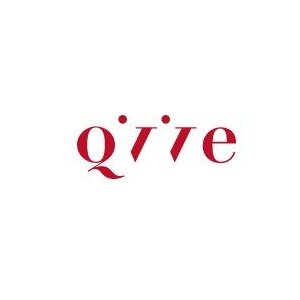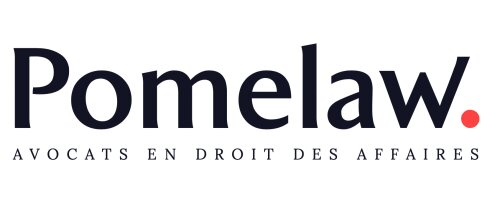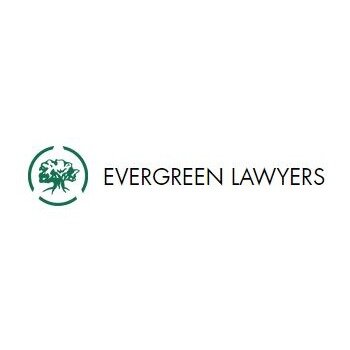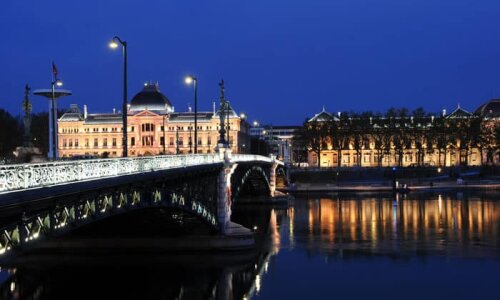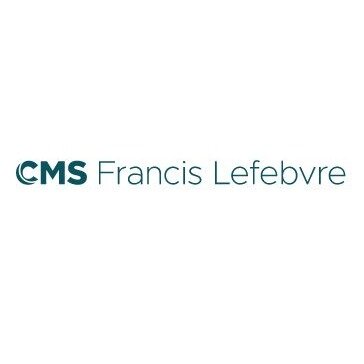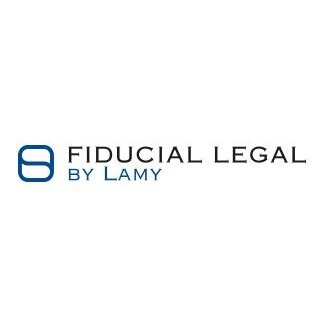Best Water Law Lawyers in Lyon
Share your needs with us, get contacted by law firms.
Free. Takes 2 min.
List of the best lawyers in Lyon, France
About Water Law in Lyon, France
Water Law in Lyon, France focuses on the regulation, allocation, and management of water resources in both urban and rural areas. France has a comprehensive body of legislation that governs water usage, quality, pollution control, and resource protection. In Lyon, these laws are tailored to local needs given the city's location along the Rhône and Saône rivers, and its historical and economic reliance on these waterways. The legal framework covers issues such as water extraction, discharge permits, rights of access, pollution limits, and the obligations of public and private stakeholders. These rules ensure sustainable and equitable distribution, environmental safeguarding, and compliance with both national and European Union directives.
Why You May Need a Lawyer
There are numerous situations where consulting a lawyer specializing in Water Law can be beneficial. Disputes over water usage rights, conflicts between neighbors or businesses regarding access to water sources, and commercial concerns about water extraction or discharge are common reasons. Legal assistance is also crucial if you are facing administrative procedures following inspections or if you wish to appeal decisions related to permits and licenses. Additionally, if you are constructing near rivers or lakes, or involved in agricultural, industrial, or urban projects with potential environmental impacts, a lawyer can help ensure compliance and defend your interests.
Local Laws Overview
Lyon is subject to both national Water Law (Loi sur l'eau et les milieux aquatiques) and regional regulations formulated by the Agence de l'Eau Rhône-Méditerranée-Corse. These laws regulate water withdrawals, discharges, pollution management, and riverbank protection. Specific attention is given to the management and protection of the Rhône and Saône rivers, and associated wetlands. Permits are required for activities likely to have an impact on aquatic environments. There are also rules addressing flood prevention, drinking water standards, and restrictions regarding the use of pesticides and fertilizers near watercourses. Municipal bylaws often specify further restrictions and responsibilities for landowners and businesses.
Frequently Asked Questions
What types of water resources are protected under French law in Lyon?
Protected resources include surface water (rivers, lakes), groundwater, wetlands, and associated ecosystems. Regulations aim to ensure their sustainable use and preserve water quality.
Who is responsible for issuing water permits in Lyon?
Water usage and discharge permits are generally managed by the local Prefecture, in consultation with the Agence de l'Eau Rhône-Méditerranée-Corse and municipal authorities.
Can I take water directly from the Rhône or Saône river?
Extracting water from these rivers is subject to strict regulations and typically requires a permit, especially if the quantity is significant or for commercial, industrial, or agricultural purposes.
What should I do if I discover water pollution or illegal dumping?
You should report the incident to local authorities or the Agence de l'Eau. Investigations may follow, and responsible parties can face fines or criminal charges depending on the severity.
Are there special rules for building near rivers or lakes in Lyon?
Yes, construction near water bodies is closely regulated to prevent environmental damage and flooding. Setback distances, impact studies, and permits are commonly required.
Is rainwater harvesting allowed in Lyon?
Rainwater collection is permitted under specific conditions, mainly for non-potable uses. Installation must comply with hygiene and safety standards, and backflow prevention is required.
What if my neighbor’s water use affects my property?
You have legal remedies if a neighbor’s actions cause flooding, runoff, or other negative impacts. A Water Law lawyer can help assess the situation and possibly resolve disputes through negotiation, mediation, or court action.
How does Water Law affect local farmers in Lyon?
Farmers must follow rules around irrigation, pesticide use, and nutrient management. They may need permits for certain activities and must comply with runoff control initiatives to protect public waterways.
Do businesses need special permits for wastewater discharge?
Yes, most commercial operations, especially those involved in manufacturing or processing, must obtain permits for discharging wastewater to ensure compliance with water quality standards.
How is water quality monitored and enforced?
Authorities such as the Agence de l'Eau and municipal services conduct regular inspections, collect samples, and enforce standards through penalties, orders to remediate, or criminal prosecutions when necessary.
Additional Resources
For more information or assistance, consider reaching out to the following organizations:
- Agence de l'Eau Rhône-Méditerranée-Corse - The regional water agency responsible for administering water policy and permits
- Direction Départementale des Territoires (DDT) du Rhône - Local government office dealing with environmental regulations and land management
- Mairie de Lyon - Municipal offices for information on local bylaws and procedures
- Chambre d’Agriculture du Rhône - For agricultural water issues and compliance
- Legal aid services such as Barreau de Lyon (Lyon Bar Association) for connecting with lawyers specialized in Water Law
Next Steps
If you believe you need legal assistance regarding Water Law in Lyon, start by clearly identifying your issue or concern and gathering relevant documents such as permits, correspondence, and any notices from authorities. Contact a qualified lawyer with experience in environmental or Water Law, preferably one familiar with the Rhône region. You can find legal professionals via the local bar association. If your matter involves complex negotiation or potential litigation, professional legal representation is strongly advised. For general questions, local government offices and water agencies can provide guidance or refer you to appropriate services.
Lawzana helps you find the best lawyers and law firms in Lyon through a curated and pre-screened list of qualified legal professionals. Our platform offers rankings and detailed profiles of attorneys and law firms, allowing you to compare based on practice areas, including Water Law, experience, and client feedback.
Each profile includes a description of the firm's areas of practice, client reviews, team members and partners, year of establishment, spoken languages, office locations, contact information, social media presence, and any published articles or resources. Most firms on our platform speak English and are experienced in both local and international legal matters.
Get a quote from top-rated law firms in Lyon, France — quickly, securely, and without unnecessary hassle.
Disclaimer:
The information provided on this page is for general informational purposes only and does not constitute legal advice. While we strive to ensure the accuracy and relevance of the content, legal information may change over time, and interpretations of the law can vary. You should always consult with a qualified legal professional for advice specific to your situation.
We disclaim all liability for actions taken or not taken based on the content of this page. If you believe any information is incorrect or outdated, please contact us, and we will review and update it where appropriate.




